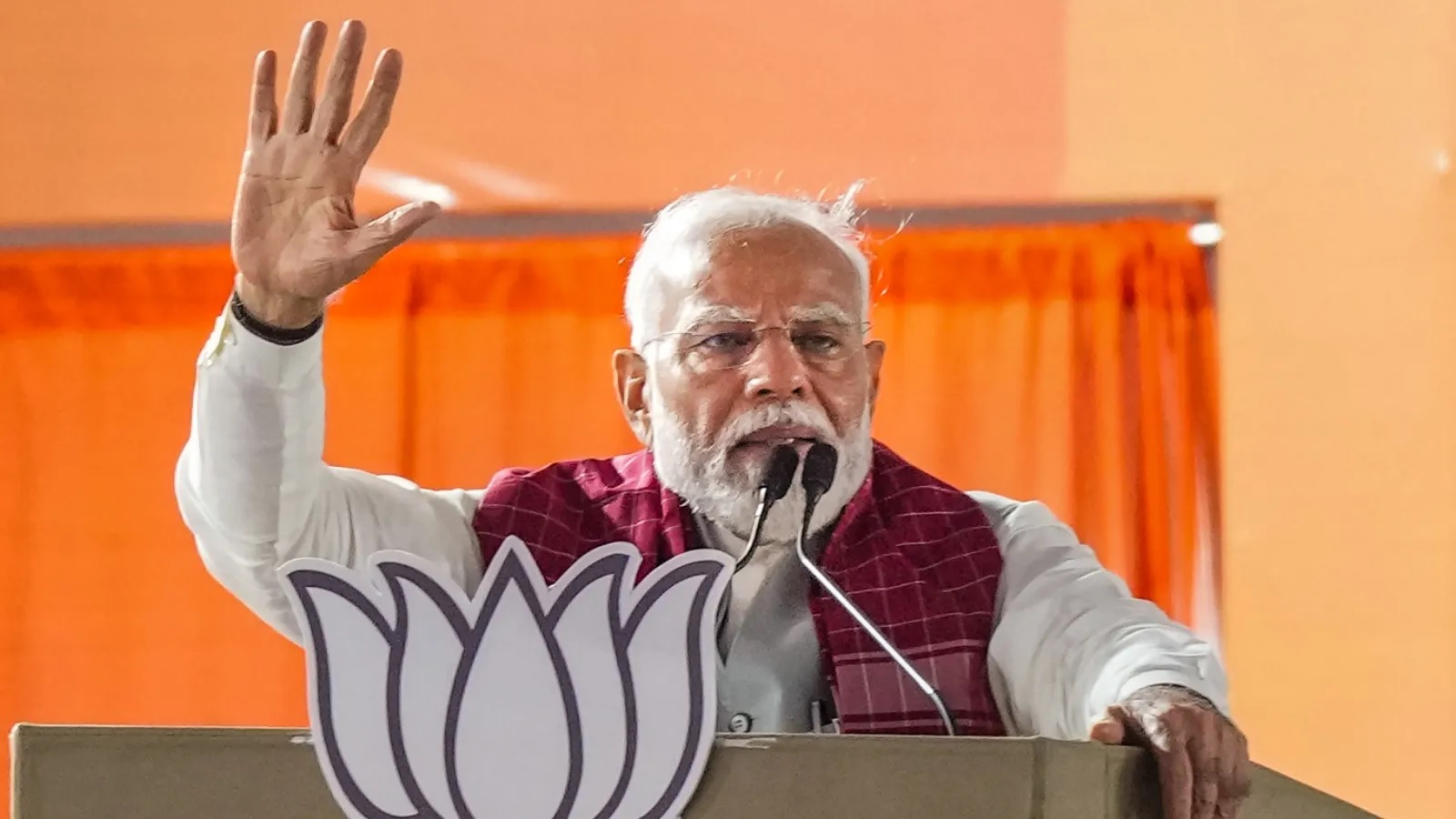The political landscape is ablaze with controversy as Prime Minister's recent remarks accusing the opposition of planning to distribute assets among infiltrators have sparked a fierce debate. In a charged statement, the Prime Minister alleged that the Congress party intends to allocate resources to infiltrators, igniting a war of words between rival factions and amplifying polarization in the run-up to crucial elections.
The Prime Minister's assertion has drawn sharp criticism from opposition leaders, who vehemently deny the allegations and accuse the ruling party of indulging in divisive rhetoric to deflect attention from pressing issues. Opposition figures argue that such inflammatory remarks not only erode the fabric of democratic discourse but also detract from substantive policy debates essential for addressing the nation's challenges.
Amidst the escalating tensions, there is a pressing need for responsible leadership and constructive dialogue to navigate the complexities of governance and address the concerns of all stakeholders. The specter of identity politics looms large, threatening to overshadow substantive issues and undermine the democratic process.
As the political temperature rises, citizens are urged to critically evaluate statements from leaders, demand accountability, and engage in informed discourse. It is imperative to uphold the principles of democracy by promoting transparency, fact-checking, and civility in political discourse.
In light of the controversy, there is a collective call for leaders across the political spectrum to prioritize the national interest, refrain from inflammatory rhetoric, and focus on constructive policies that uplift all sections of society. The onus lies on elected representatives to foster unity, uphold democratic values, and work towards the collective welfare of the nation.

